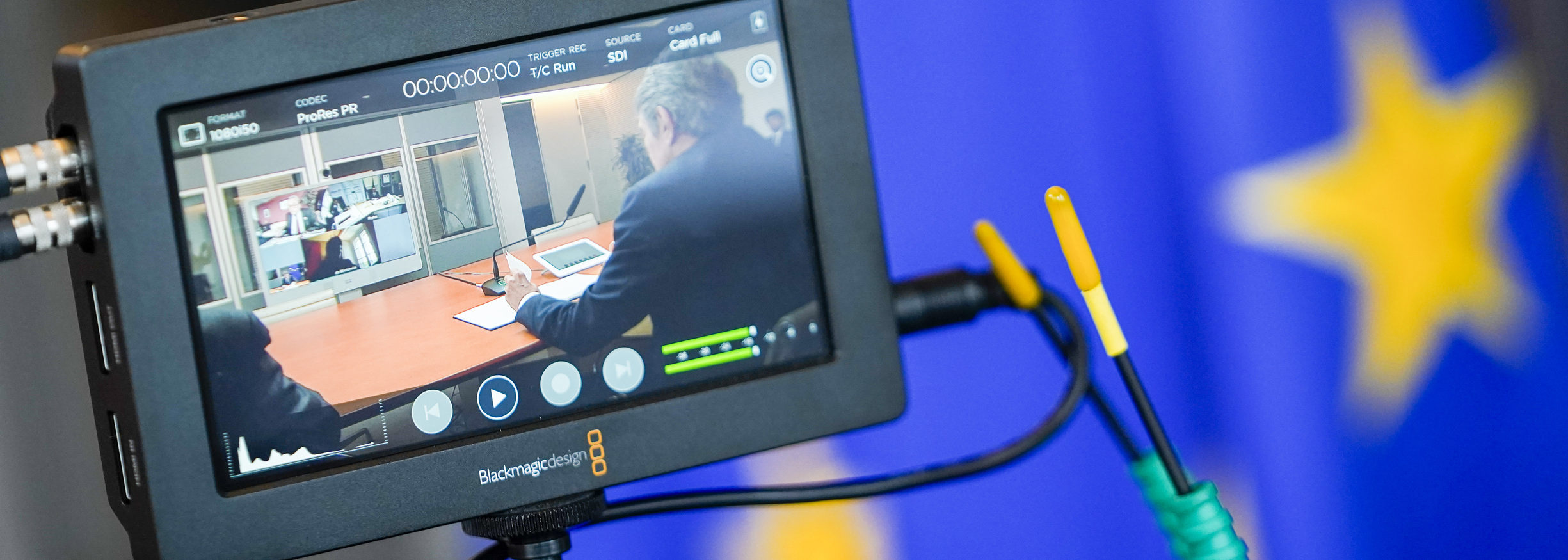Peace in pieces: catalysing smart approaches to conflict resolution at the Munich Security Conference
13/02/2025
The annual Munich Security Conference is rarely without drama. Last year, the news broke of Alexei Navalny’s death on the opening day. This year, the conference takes place when so far this week US President Donald Trump has ordered 25% tariffs on aluminium and steel imports to the US, talked to Vladimir Putin about talks to end the war in Ukraine which he said “may be Russian someday”, and that Egypt and Jordan should take in the entire Palestinian population of Gaza, where the ceasefire is on the verge of collapse.
The backdrop to this year’s MSC is an increasingly violent world. The number of conflicts and people affected by them is going up, unmet humanitarian needs are rising steeply worldwide and most dramatically in Sudan and the Democratic Republic of the Congo, triggering more migration and threats to trade and investment.
For Europeans, not least those of us in the conflict resolution business, highest level commitment to end wars is welcome. The question is whether the deals President Trump seals will result in lasting peace and security. He is described as thinking ‘outside the box’. But whether he can deliver and on what basis remain to be seen.
To date, the ‘box’ has been the framework of laws, norms and institutions in place to regulate international behaviour, prevent and resolve wars, implement the rules and hold transgressors to account. It includes the importance of addressing both immediate as well as deep-rooted drivers of conflict, decades of hard-won experience as to what enables – and prevents – the translation of short term deals and ceasefires into lasting peace and security.
One lesson has been that military action and deals between powerful actors on the basis of their common economic and political interests are critical but insufficient; they need to be part of broader strategies that include sustained investment in recovery, justice for victims, reconciliation and accountable governance.
At a time of surging geopolitical rivalries and intense competition for resources and precious minerals, smart approaches to conflict prevention and resolution are needed more than ever. The conversation about crafting these approaches needs to engage a wide range of players including from the security and business community.
We will do our part with partners in the conflict resolution community to catalyse attention to these issues, including by co-hosting an event with APCO on how the private sector envisages its role in encouraging smart approaches to conflict resolution.

